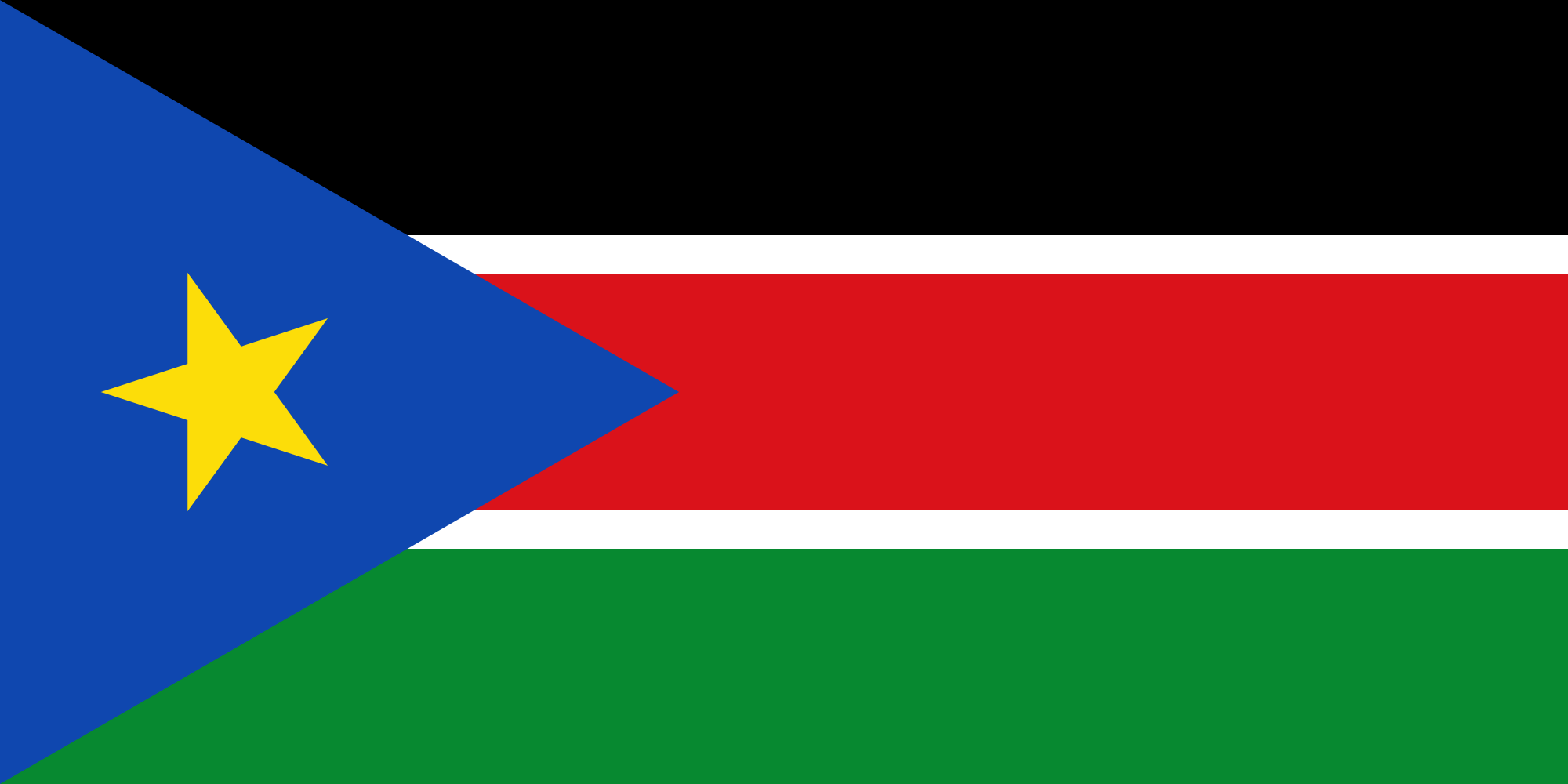By Kuach Tutkuay
March 25, 2016 (SSNA) — The news of accession of South Sudan to the East Africa Community was received with mixed reactions by South Sudanese; with some describing it as a long overdue decision while others, in a rather extreme stance, describing it as an economic subjugation by the EAC to open up tunnels to divert their meager dollar to Nairobi, Kampala, among others. Ironically, citizens of EAC member states received the news with mixed reaction as well with some citing economic benefit of the increased market size and new market in South Sudan while others question the criteria used to admit South Sudan given the violation of human right and the political instability. Some fears that the EAC may become a haven of dictators considering the current happening in Burundi, Uganda and South Sudan. However, the writer believes that there are both advantages and disadvantage to this effects which are discussed below.
Advantages: to begin with, EAC engages in regional infrastructural projects development like road and rail networks. Uganda has already started a construction on a railroad connecting Juba and Kampala. South Sudan as a land lock country will benefit from this transportation networks to a greater extent. Communication infrastructure will also improve through the EAC’s regional communication networks such as the EASSY internet cable. Access to the ports of Mombasa and Dar es Salaam will make it easier for South Sudan products like oil to reach the international market.
South Sudan will also participate in the Inter-University Council for East Africa (IUCEA) to establish academic standards and regional academic exchange programs. The standards of higher education in South Sudan remain comparatively challenging; universities produce graduates who cannot meet the desired technical competencies. These academic standards, coupled with coming of highly skilled university lecturers from the EAC member countries, will see a complete overhaul and a paradigm shift in the quality of higher education system in South Sudan.
The country will also benefit from technological and knowledge transfer; well established firms from the EAC member countries will establish branches in South Sudan bringing in their advanced technologies. This may provide an opportunity for the domestic firms to adopt those technologies. Since EAC provide for free movement of labor, qualifies human resources from the EAC member countries will increase productivity in South Sudan and that will facilitate rapid growth in all sectors. There may be fears that foreign workers will take jobs from the citizens but that depends, to some extent, on institutional capacity to formulate sound labor policies. Lastly, the South Sudanese students who live in Kenya, Uganda, Tanzania, etc, will not have to pay for visa or student pass as the membership takes effect. They will not have any more trouble with the police over kitambulisho or kitu kidogo. There will be more freedom for South Sudanese who want to work or study in EAC member countries.
Disadvantages: South Sudan does not export any product apart from oil; they import everything including agricultural products. The domestic producers may not compete on equal terms with well established firms in EAC member countries. This places South Sudan at a competitive disadvantage in the EAC market. Since South Sudan is dependent on import for consumer products, the price of the imported product may be high compare to locally produced ones and this may increase the cost of living; market stability will lie entirely in the hand of the importers. South Sudan will also face lost of revenue in terms of customs duties.
The literacy rate for South Sudan stands at 30% compare to Kenya at 87.4% and Uganda at 73%. This mean a comparative disadvantage for South Sudan in terms of mobility of human resources; thus, a higher influx of graduates from the EAC member countries to go and compete with high school and primary leavers in South Sudan, actually making them jobless, to say the least.
Most of the foreign businesses in South Sudan the likes of Equity, KCB, UAP Insurance, etc are major source of employment and most of these employees are high school leavers and diploma graduates. If they can get qualified graduates from their home countries as the EAC allows, why would they keep low skilled employees at the expense of their operation. That will make many people who are working now jobless and that reduce per capita income. It is not just that, oh my! One big problem for South Sudan is that there is no good policy on profit repatriation by foreign companies. That mean all the profit earned will be recouped back to their home countries leaving the country with nothing.
To provide some recommendations, there is a need to conduct a survey to find out critical sectors that would require foreign expertise, for instance, education sector has received teachers from Kenya and Uganda over the past eight years. The said sector will then be open to foreigners while other sectors remains protected. There is a need to formulate policies regarding profit repatriation by foreign companies. There must be a limit to the profit they takes back to their countries to save South Sudan from extensive cash outflow. But before all these could mean anything to South Sudan, the nation needs to prioritize peace. A real peace must come from the hearts of the leaders, not from the paper.
The writer is a chairman of Naath Youth Network in Kenya; a freelance writer, a blogger and a peace advocate. He can be reached [email protected] or follow him on twitter @kuach444

